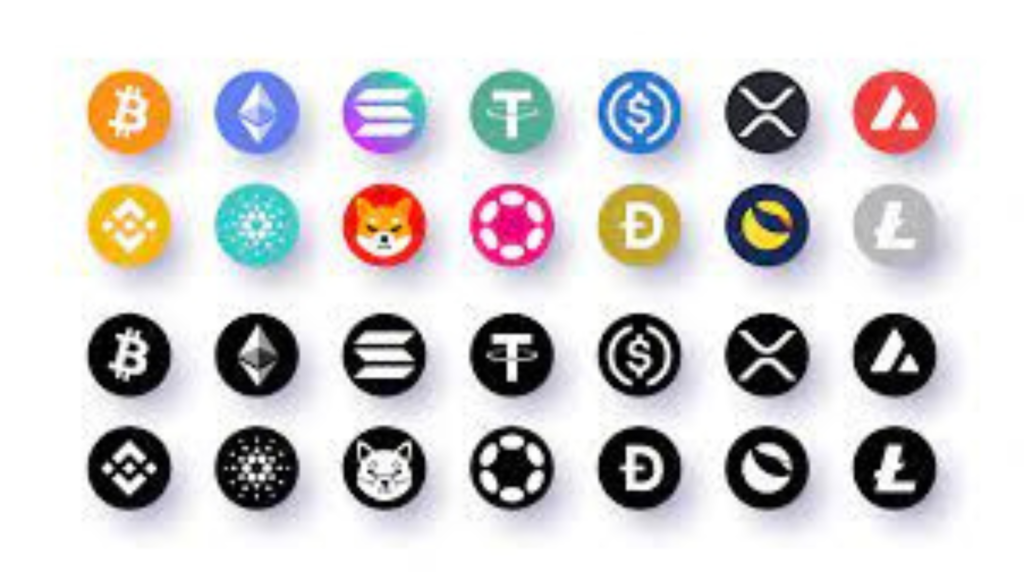Tracking your expenses is an important step in managing your finances and ensuring that you are staying within your budget. It can also help you identify areas where you may be overspending and make adjustments accordingly. In this blog post, we will cover the different methods for tracking your expenses and offer tips for making the process as easy and painless as possible.
One of the simplest ways to track your expenses is by using a pen and paper. You can use a notebook or a planner to record all of your expenses as they occur. This method is easy to use and requires no special software or technology. However, it can be time-consuming and may not be as accurate as other methods.
Another popular method for tracking expenses is to use a spreadsheet. You can create a spreadsheet in a program like Microsoft Excel or Google Sheets and enter all of your expenses into the appropriate columns. This method allows you to easily sort and filter your expenses, making it easy to see where your money is going. However, it can also be time-consuming and may require some knowledge of spreadsheet software.
There are also many expense tracking apps available for smartphones and tablets. These apps allow you to easily track your expenses on the go. Many of these apps can also connect to your bank accounts and credit cards, automatically tracking your expenses for you. Some popular expense tracking apps include Mint, Expensify, and You Need a Budget. These apps offer a variety of features, such as budgeting tools, alerts for overspending, and the ability to create reports and graphs to visualize your spending.
No matter which method you choose, it’s important to be consistent with tracking your expenses. This means setting aside time each day or week to update your expenses and review your spending. It’s also important to be as detailed as possible when recording your expenses. This means noting not only the amount spent, but also the date, the location, and the category of the expense (e.g. food, transportation, entertainment).
Here are a few tips to make tracking your expenses a little easier:
- Use your bank and credit card statements to double-check your expenses.
- Set reminders to update your expenses and review your spending.
- Keep all of your receipts, bills, and invoices in one place so you can easily access them when you need to update your expenses.
- Use categories to help you see where your money is going.
- Review your expenses regularly to identify areas where you may be overspending and make adjustments accordingly.
Tracking your expenses may take some extra effort, but it is an important step in managing your finances and ensuring that you are staying within your budget. With the right tools and a little bit of discipline, it can be easy to keep track of your expenses and gain a better understanding of where your money is going.
And in this video you’ll know why you need to track your expenses :


Thank you for your sharing. I am worried that I lack creative ideas. It is your article that makes me full of hope. Thank you. But, I have a question, can you help me?
Your point of view caught my eye and was very interesting. Thanks. I have a question for you.
I don’t think the title of your article matches the content lol. Just kidding, mainly because I had some doubts after reading the article.
I don’t think the title of your article matches the content lol. Just kidding, mainly because I had some doubts after reading the article.
Your point of view caught my eye and was very interesting. Thanks. I have a question for you.